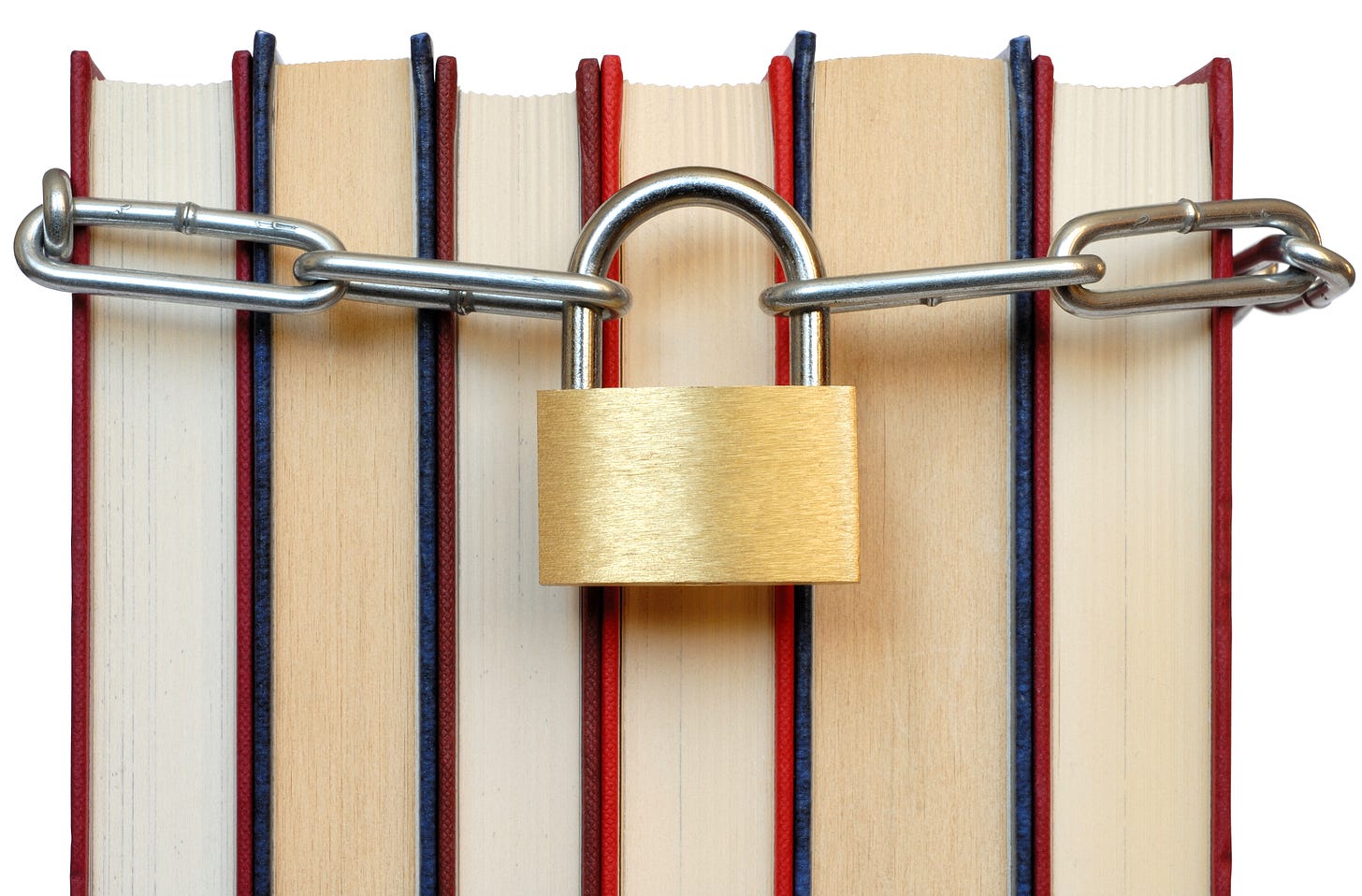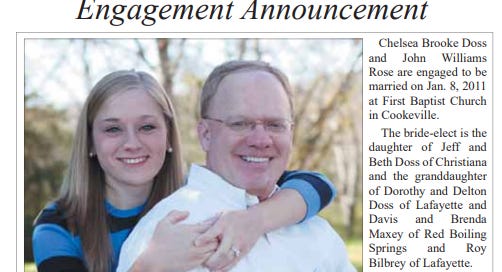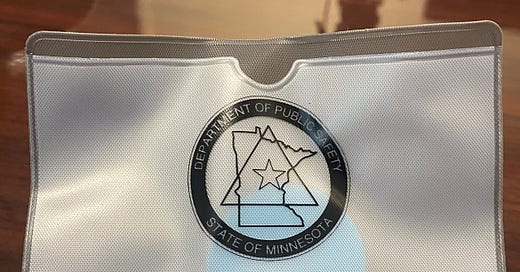33% of K-12 students now subject to educational gag orders
New bills and regulations limit how teachers can talk about race, sex and other 'divisive' topics
In Tennessee, a group of conservative parents tried to remove an autobiography of Ruby Bridges, the first black student to integrate a southern elementary school.
In Texas, a school administrator warned teachers they would have to include “opposing” views on the Holocaust in their classrooms.
In Iowa, school districts are purging books containing LGBTQ themes from their libraries.
These are just a handful of the tangible effects of a spate of educational gag orders passed by Republican lawmakers in at least 14 states over the past year. The laws and executive actions place restrictions on how teachers can discuss race, gender, sexual identity and American history in their classrooms.
As of this month, fully one-third of American public school students attend school under such a gag order, according to a Why Axis analysis of data tracked by Education Week.
More, and even stricter orders, are on the way: this January alone, 71 new bills have been introduced around the country, according to a tally by political scientist Jeffrey Sachs for the PEN America foundation.
The bills are often ostensibly targeted at “critical race theory,” until last year a fairly obscure niche in higher education that focused on the structural drivers of racist outcomes. Starting in late 2020, conservative activists latched on to the term in order to gain popular support for an ideological agenda targeting the public school system.
In practice, “critical race theory” has become completely divorced from its original definition and has come to mean “discussing topics in ways that conservatives disapprove of.” The activists behind this shift in meaning have not been subtle about their intentions. “We have successfully frozen their brand—'critical race theory'—into the public conversation and are steadily driving up negative perceptions,” said the Manhattan Institute’s Christopher Rufo last March. “We will eventually turn it toxic, as we put all of the various cultural insanities under that brand category.”
Rufo and his far-right allies were aided in their mission by a national press that uncritically adopted their framing of the issue, writing as if “critical race theory” were a real topic with clear definitions that was actually being taught to public schoolchildren. “Political reporters are suckers for Republican scare stories,” as press watchdog Dan Froomkin wrote in October. “Reporters know ‘critical race theory’ isn’t a real issue. They know it’s euphemistic shorthand for all sorts of right-wing, often racist concerns about modest attempts to address diversity, equity and inclusion.” But many in the industry nevertheless spent much of 2021 passing on conservative activists’ allegations as fact.
The gag orders often place severe restrictions on teachers’ speech. A failed bill in Wisconsin, for instance, would have banned teachers from using words like “white supremacy,” “equity” and “cultural awareness” in their classrooms. Legislation introduced this month in Indiana would require teachers to instruct students that “socialism, Marxism, communism, totalitarianism, or similar political systems are incompatible with and in conflict with the principles of freedom upon which the United States was founded.” Virginia governor Glenn Youngkin recently set up a tip line to encourage parents to report the teaching of “divisive concepts” — including “critical race theory and its progeny” — in students’ classrooms. A bill moving through the Florida legislature would ban elementary school teachers from “encourag[ing] classroom discussion about sexual orientation or gender identity.”
It’s not surprising that schools have become a culture war battleground. Education is partly about instilling certain values into kids, and different people in different communities will have different ideas about which values should be taught. Those discussions have taken place for decades, largely under the national radar, in classrooms and at school board meetings across the country.
But the recent push for statewide educational gag orders is something else entirely. Republican lawmakers are granting their preferred values the force of law. They’re using the power of the state to police which topics can and can’t be discussed in classrooms. In previous years a community roiled by the inclusion of a certain book in a school library, or a certain speech in a local classroom, could hash out what to do about it amongst themselves. Parents, administrators, students and educators could chart their own path forward.
These gag orders explicitly take that choice away from these communities. The state will decide whether the 1619 project can be discussed in classrooms, or whether a teacher can say “woke,” or whether sixth graders can talk about what it means to be gay. That’s a huge loss for education — and if the bills filed in the past month are any indication, it’s just the tip of the iceberg.














What will this country look like and sound when the current group of grade-schoolers in these states are in their mid-twenties?